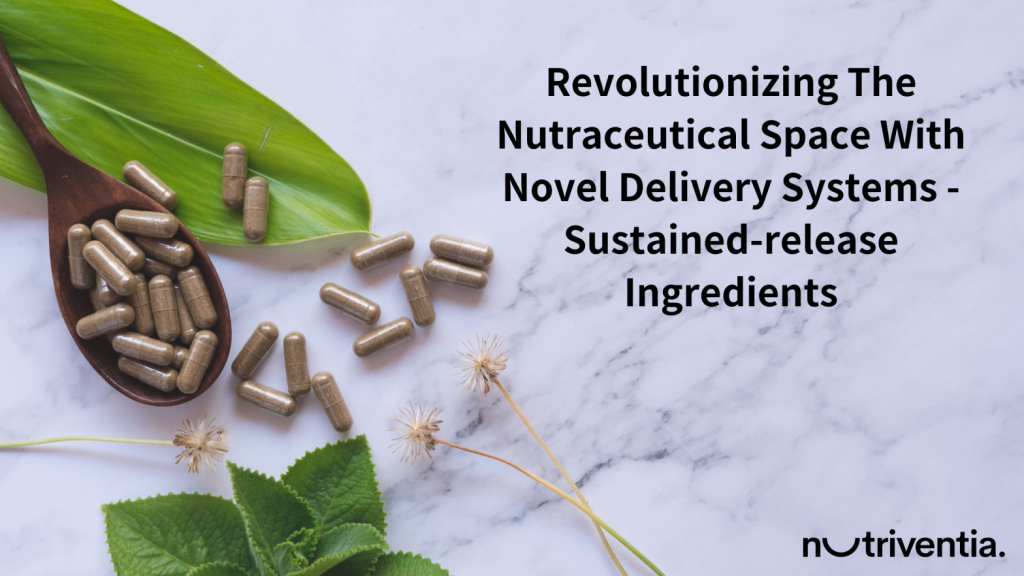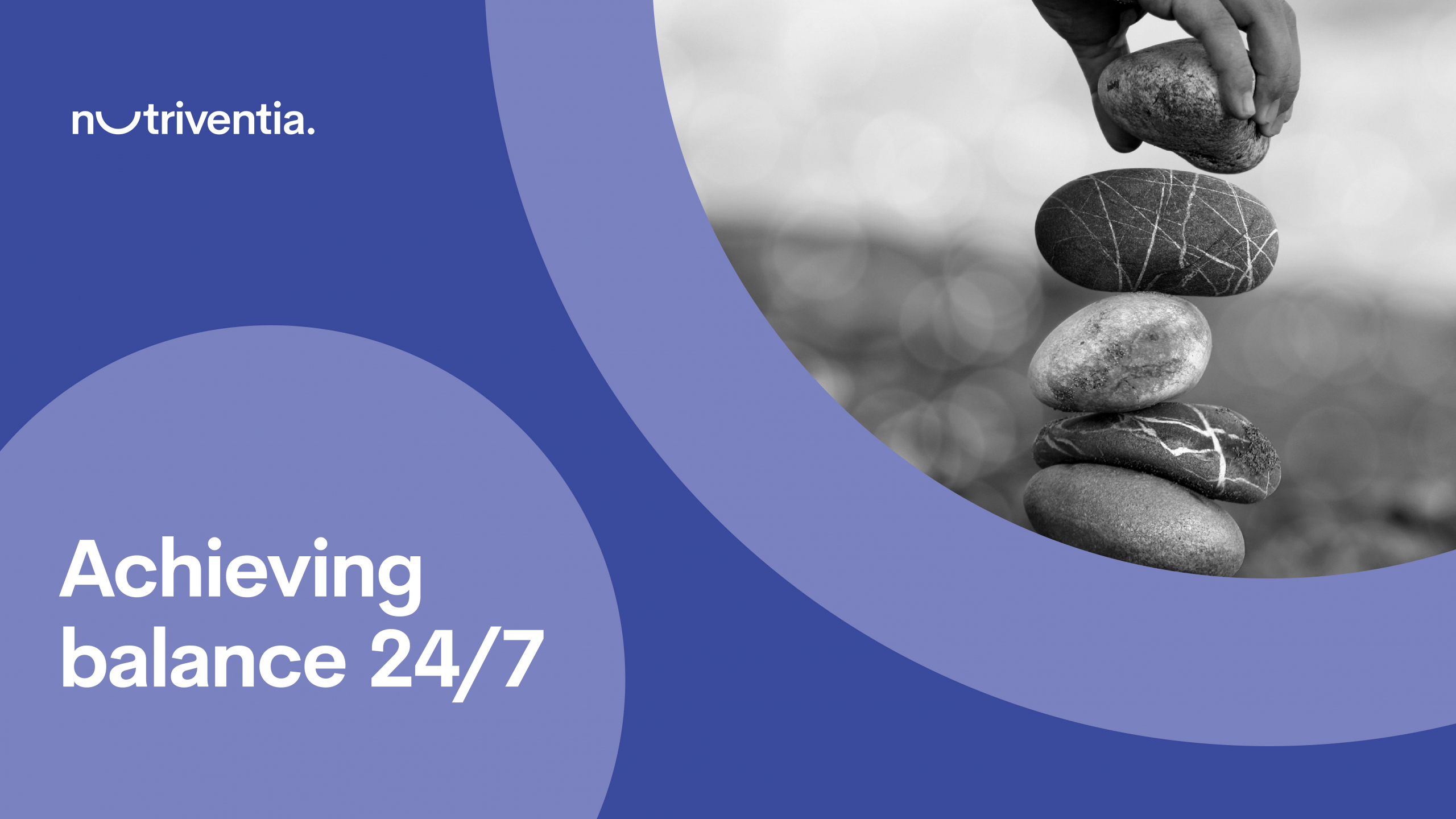What is the one natural resource that everyone wants more of during their busy days? Energy!
What is the primary source of fueling the body’s energy furnace? Caffeine. According to one source, there are about 1 billion coffee drinkers throughout the world, and 2 billion cups of coffee are consumed daily. 1 The most common reason people enjoy their morning brew is to wake up fully, and get energized through the coffee’s caffeine content.
According to a new report from Nutrition Business Journal (“Sports Nutrition and Weight Management Report 2023), 25% of respondents who identify as generally active have used caffeine or other energy supplements in the previous 12 months. Additionally, 23% “always” consume an energy supplement, while 27% say they do so “often.” 2
Active consumers are turning to the ever-expanding sports/active nutrition category. Top reasons to use an energy supplement or beverage include to mentally or physically power through the day (27%) and to prepare for physical activity such as a workout (23%). Unsurprisingly, sports/active nutrition consumers turn to caffeine first (11%), followed by ashwagandha (4%). Energy beverages or supplements (36%) are cited as the top daily product regular users in this category take to support their active lifestyle.2
Meanwhile, 28% of those who say they are “occasional” sports nutrition users would purchase a new product to promote improved energy and stamina. 2
How Caffeine Works
In general, the inner energy produced by caffeine is experienced when it peaks in the blood, which varies by individual. Caffeine improves energy for physical performance and energy-adjacent conditions such as alertness and focus.
Effects of caffeine on physical performance is due to the release of calcium from a part of the muscle structure called the sarcoplasmic reticulum and then the calcium is prevented from being re-absorbed (uptake). This action causes a desired increase in nitric oxide by activating an enzyme called endothelial nitric oxide synthase. What this all means is that caffeine provides an excellent source of energy for muscles during workouts such as lifting.3
When ingested, caffeine blocks the brain receptors responsible for mediating sleep, arousal, cognition and learning. Unblocked and functioning as normal, these receptors slow brain activity, causing sleepiness or drowsiness. 4
According to a 2011 paper by the European Food Safety Authority (EFSA), a cause-and-effect relationship has been established between the consumption of caffeine and increased alertness as well as increased attention. The following statements reflect the scientific evidence: “Caffeine helps to increase alertness,” and “Caffeine helps to improve concentration.” The EFSA states that a product needs to contain at least 75 mg caffeine per serving to carry those claims. 5
Caffeine is also known to generate thermogenesis through the sympathetic nervous system, which is involved in the regulation of energy balance. 6 Another action of caffeine increases alertness and reduces perceived exertion in exercise. 7
Authors of a published review find that “Effects on physical performance on a vast array of physical performance metrics such as time-to-exhaustion, time-trial, muscle strength and endurance, and high-intensity sprints typical of team sports are evident following doses that exceed about 200mg.” 8
Extend Caffeine’s Benefits
So many individuals enjoy the vitality that caffeine produces, but aren’t quite thrilled with running quickly out of energy. The ideal caffeine supplement would be one that offers sustained effects throughout the day in a single dose.
CaffXtend® is a single-dose long-acting caffeine solution developed to overcome the limitations of traditional caffeine-containing supplements and beverages. CaffXtend® provides an even flow of caffeine without the typical ups and downs from multiple doses for gaming, sports and everyday performance.
Nutriventia has a human study investigating the differences between CaffXtend® sustained-release caffeine and immediate-release caffeine. In the study 15 participants consumed 200 mg sustained-release caffeine and 200 mg immediate-release caffeine. The researchers looked at the bioavailability and characteristics such as “relaxed,” “jittery,” “tired,” “tense,” headache,” “overall mood,” and “mentally fatigued. The sustained-release caffeine was evaluated by participants to have significantly better scores in “jitteriness,” “tiredness,” “alertness” and “overall mood” for 8 to 12 hours. 9
CaffXtend® is a 100% natural caffeine in a natural matrix that provides consumers with up to 12 hours of sustained energy and focus without jitters or a caffeine crash — in one dose daily. Its energizing abilities help improve sports performance, fitness workouts and the focus needed to accomplish physical goals.
References:
- “How Many People in the World Drink Coffee?” www.fullcoffeeroast.com; July 14 2023 Aisling O’Connor
- NBJ, Sports Nutrition and Weight Management Report 2023
- McLellan, Neurosci Biobehav Rev. 2016 Dec;71:294-312
- “How Does Caffeine Give Us Energy?” www.now.tufts.edu; September 8, 2022, Sai Krupa Das
- EFSA Journal 2011;9(4):2054
- Harpaz Journal of Basic Clinical Physiology and Pharmacology 2017 Jan 1;28(1):1-10
- Martins Front Sports Act Living. 2020 Dec 11;2:574854
- McLellan Neurosci Biobehav Rev. 2016 Dec;71:294-312
- Thanawala, Journal of Dietary Supplements doi.org/10.1080/19390211.2022.2160529



